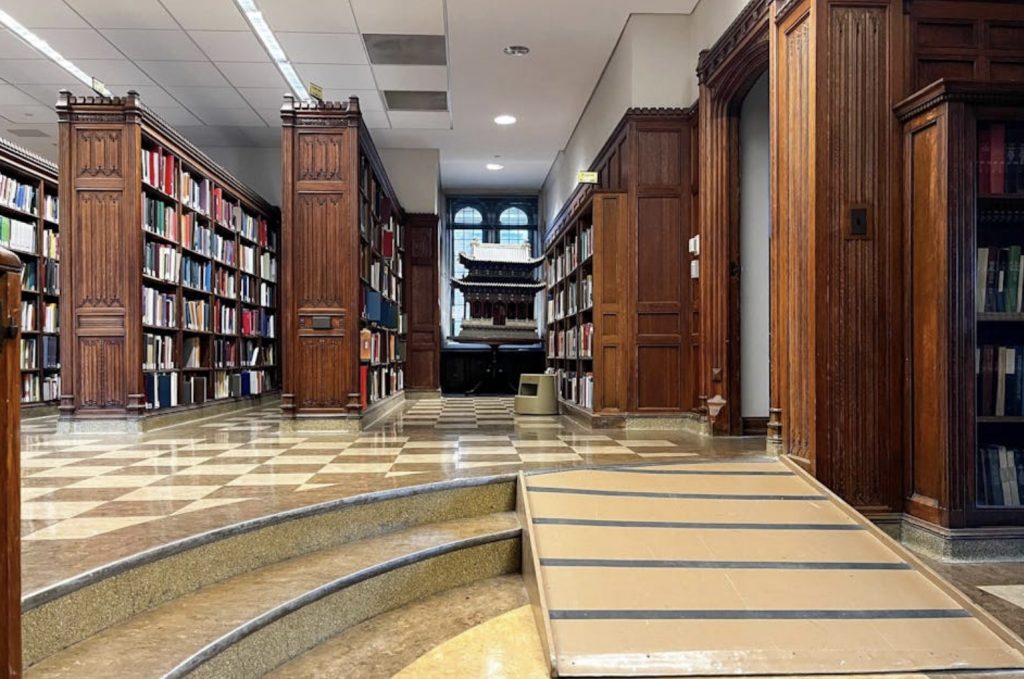TC-USA PAC Statement on the Princeton Debate Over the Atatürk Professorship
A recent opinion in The Daily Princetonian called for Princeton University to retire its Atatürk Professorship in Ottoman and Modern Turkish Studies. The piece argued that honoring Mustafa Kemal Atatürk — the founder of the Republic of Türkiye — conflicts with Princeton’s values, citing selective quotations and references to the Armenian question.
This discussion raises important questions about history, memory, and the role of academic institutions. It also invites a careful, balanced review of what Atatürk truly represents.

The article rests on two central claims:
That Atatürk bears responsibility for the Armenian Genocide, or at least for normalizing impunity afterward.
That some of Atatürk’s statements reflect exclusionary views, making him an inappropriate figure for an academic chair in modern times.
These claims, while serious, do not withstand scrutiny when examined in historical context.
Historical Context Matters
The tragic events of 1915 took place under the late Ottoman government during the First World War. Atatürk was not in power at that time, nor did he direct those policies. His political leadership began only after the war, when much of Anatolia was under foreign occupation. His mission was to rebuild a nation from collapse, unify its people, and secure independence.
To conflate Atatürk with Ottoman wartime policies is historically inaccurate. It projects responsibility where none existed.
Selective Quotations Versus Full Legacy
Like many leaders of his era, Atatürk made statements that, when isolated, can be read critically. But no leader — whether Churchill, Wilson, or Roosevelt — is judged only by fragments. Their legacies are measured by their reforms and contributions to humanity.
Atatürk’s record is clear:
He established secular democracy in the Muslim world.
He introduced women’s suffrage in 1934, ahead of many Western democracies.
He built schools, universities, and institutions where law and reason replaced dogma.
He declared sovereignty belonged not to a dynasty but to the people.
This broader legacy, not selective passages, explains why his name continues to be honored.
Why the Professorship Matters
An academic chair is not an endorsement of perfection — it is recognition of influence. Atatürk remains one of the most significant reformers of the 20th century. His vision shaped modern Türkiye and inspired independence movements across the globe.
In 1981, UNESCO declared “The Atatürk Year”, honoring him as a leader who “worked for international understanding, peace, and cooperation.” That judgment, made by the global community, reflects how his contributions are understood beyond politics.
To remove his name from Princeton would not advance inclusivity. It would erase the opportunity to study one of history’s most impactful reformers in his full complexity.
As Turkish Americans, we view Atatürk not through fragments but through the living institutions he built — schools, parliaments, equal rights for women, and a secular republic where sovereignty belongs to the people.
The debate at Princeton should not be about erasing Atatürk, but about studying him honestly: his achievements, his context, and the lessons — both strengths and imperfections — that history provides.
Conclusion
The Atatürk Professorship at Princeton is not a contradiction to academic values. It is a reminder of how transformative leadership can reshape a nation and influence the world.
History should be approached with rigor, fairness, and balance — not through distortion or erasure. By maintaining the Atatürk Professorship, Princeton affirms its commitment to serious scholarship and to understanding leaders whose legacies continue to shape our global century.
